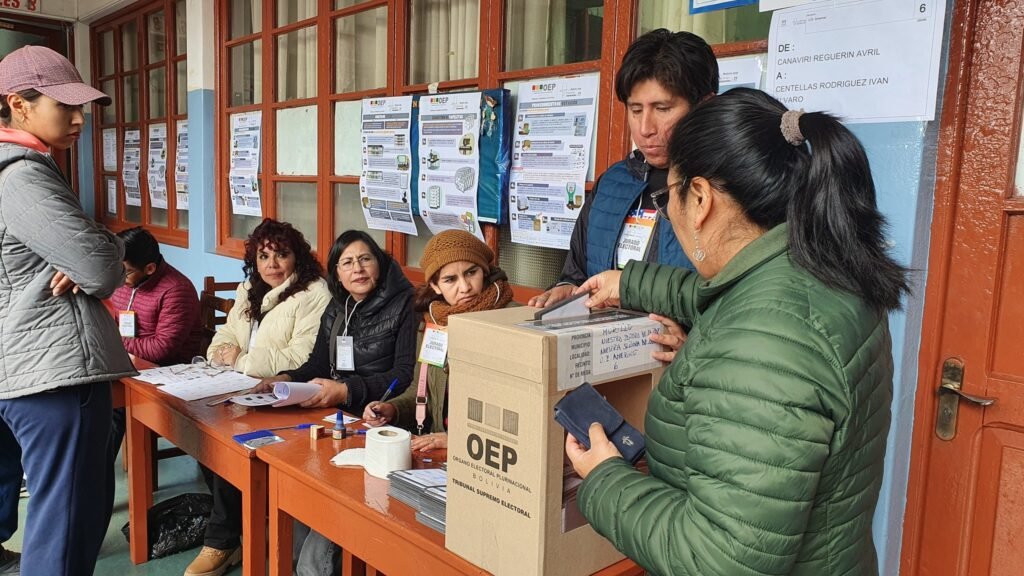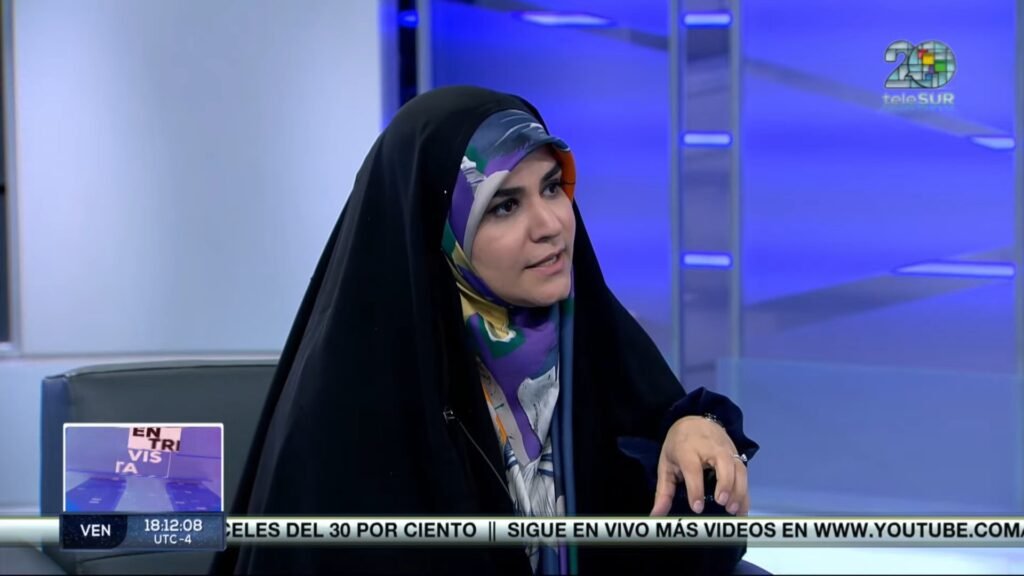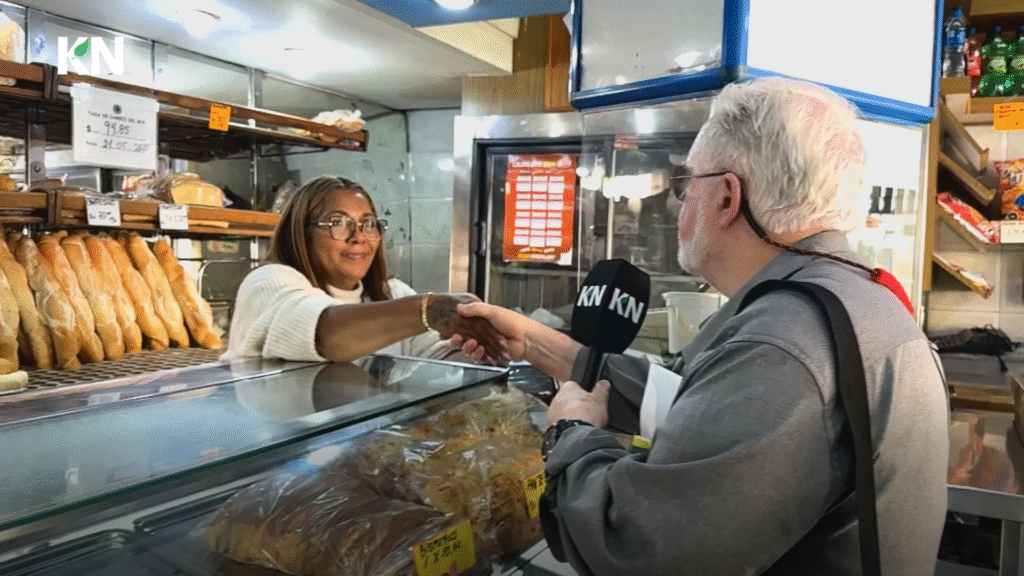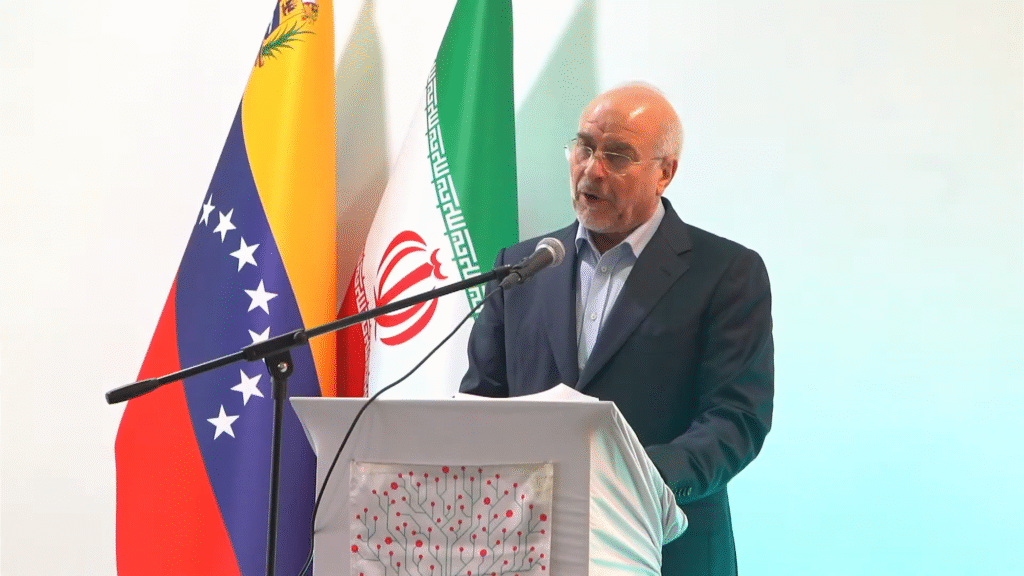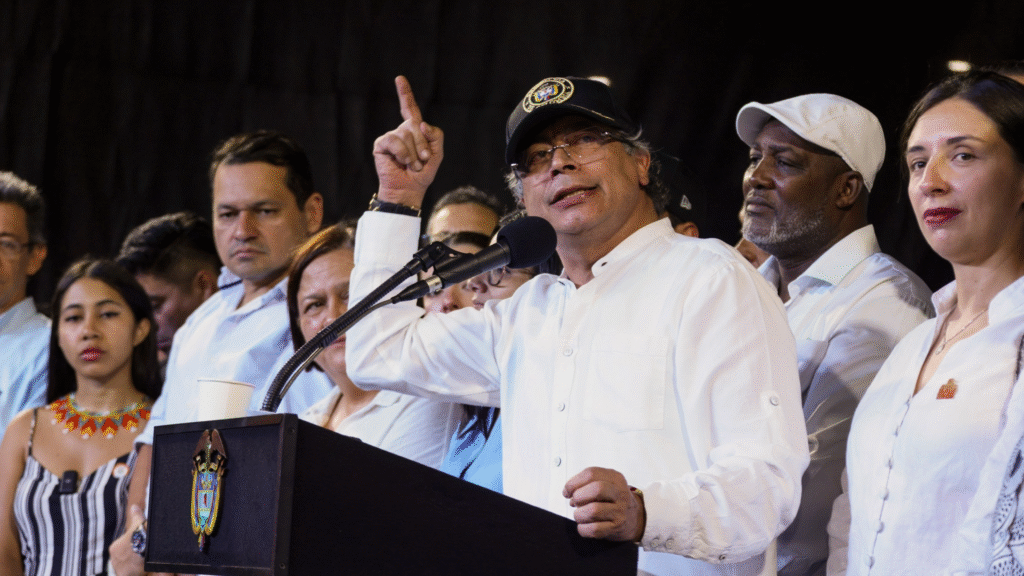The president of Honduras, Xiomara Castro, celebrated on Monday the progress made by her administration under the model of “democratic socialism” and announced an emergency plan to support migrants deported from the United States, while reaffirming her commitment to the sovereignty and economic development of the country.
“We celebrate three years of struggle, dedication and love for the people, building a model of alternative economic development, fair and supportive, far from the meanness of neoliberal capitalism,” Castro said in her speech during an event to commemorate the third anniversary of her mandate. “I am the first female president of Honduras, a militant of the Honduran popular resistance, committed to freedom, democracy, and Honduran sovereignty.”
Addressing changes in U.S. immigration policy, Castro stated that her government has urged Washington “to immediately begin a dialogue on immigration, focusing on actions for migrants within the United States, those in transit to the U.S., and deportees.” She also announced the creation of an emergency program, Brother, Sister, Come Home, which will provide returning migrants with $100 in support, a food ration, and $1,000 in seed capital to start small and medium-sized businesses through rural and urban banks. Additional assistance will include “jobs in training and security sectors, such as police and forest protection agencies, to integrate them quickly into national economic development.”
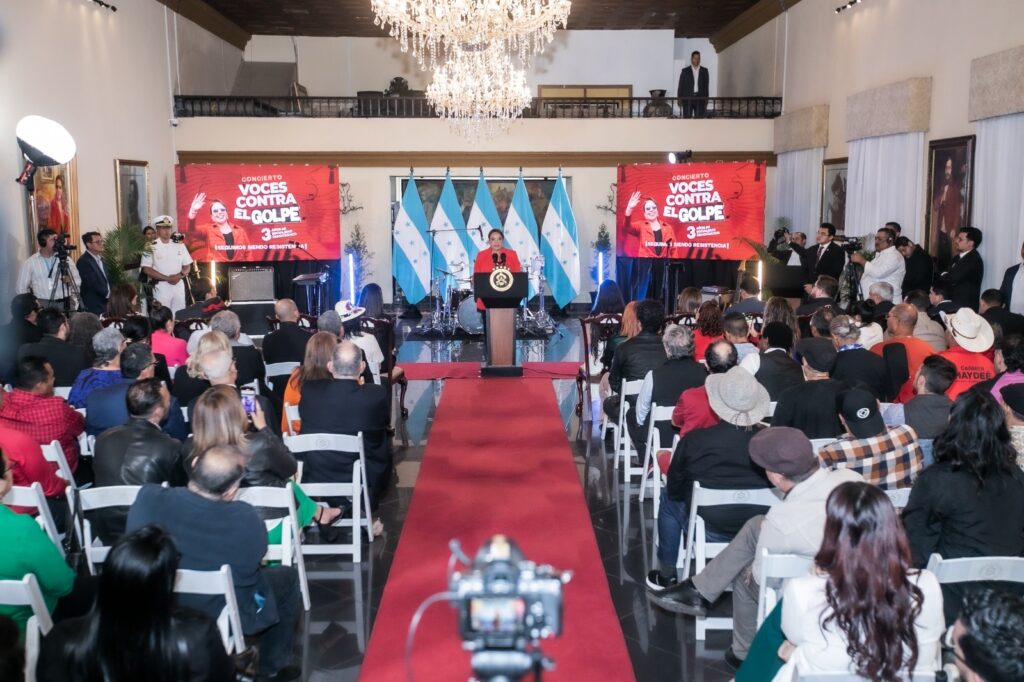
Castro emphasized the “struggle” and enduring “love of the people” that have shaped her administration’s efforts to create an “alternative economic development model of the left.” This model, she explained, aims to be “fair and supportive, far removed from the greed of neoliberal capitalism, which, during 12 years and seven months of narco-dictatorship, failed to destroy our dignity. Instead, it served imperial powers to impoverish us, plunge us into limitless debt, and concentrate wealth in the hands of a shameful few, at the expense of the vast majority of our people.”
As the pro tempore president of the Community of Latin American and Caribbean States (CELAC), Castro announced an urgent, extraordinary meeting of heads of state on Thursday, January 30, to be held in a hybrid format. The meeting will focus on migration and advance regional dialogue to develop collective strategies to address the issue. She also expressed gratitude to Colombian President Gustavo Petro, who will attend the meeting during an official visit to Honduras. “It will be an honor to receive him and further strengthen the ties of friendship between our countries,” she said.
Earlier this year, in her New Year’s address to the nation, Castro highlighted ongoing challenges and tensions in Latin America and across the globe. She referenced persistent and emerging conflicts, “genocide, such as the bombing of the Gaza Strip against the Palestinian people, with whom we have always stood in solidarity,” and the escalating environmental crisis.
In that same speech, Castro also addressed concerns about U.S. immigration policy, warning that agreements regarding U.S. military bases in Honduras would be reconsidered if the U.S. government took “unnecessary reprisals” against Honduran migrants. This statement came in response to fears that former President Donald Trump might follow through on threats to deport migrants en masse.
In concluding her speech, Castro highlighted her government’s achievements over the past three years. These include progress in “macroeconomic stability, growth—the second highest in Central America—low inflation, a significant reduction in poverty, a more than 20-point drop in the homicide rate, and the largest investment in Honduras’ history.” She noted investments in the recovery of the national electric power company, infrastructure, roads, hospitals, and sports facilities. “We have already repaired 5,000 out of 12,200 schools that we found abandoned,” she added, “and we have implemented the largest and most powerful agricultural production subsidy in our nation’s history. Today, with great confidence, I can say that we guarantee free and transparent elections.”
Castro expressed full confidence that the new government “will be a new democratic victory for our people… It is forbidden to forget our martyrs. It is forbidden to forget that we are resistance!”



